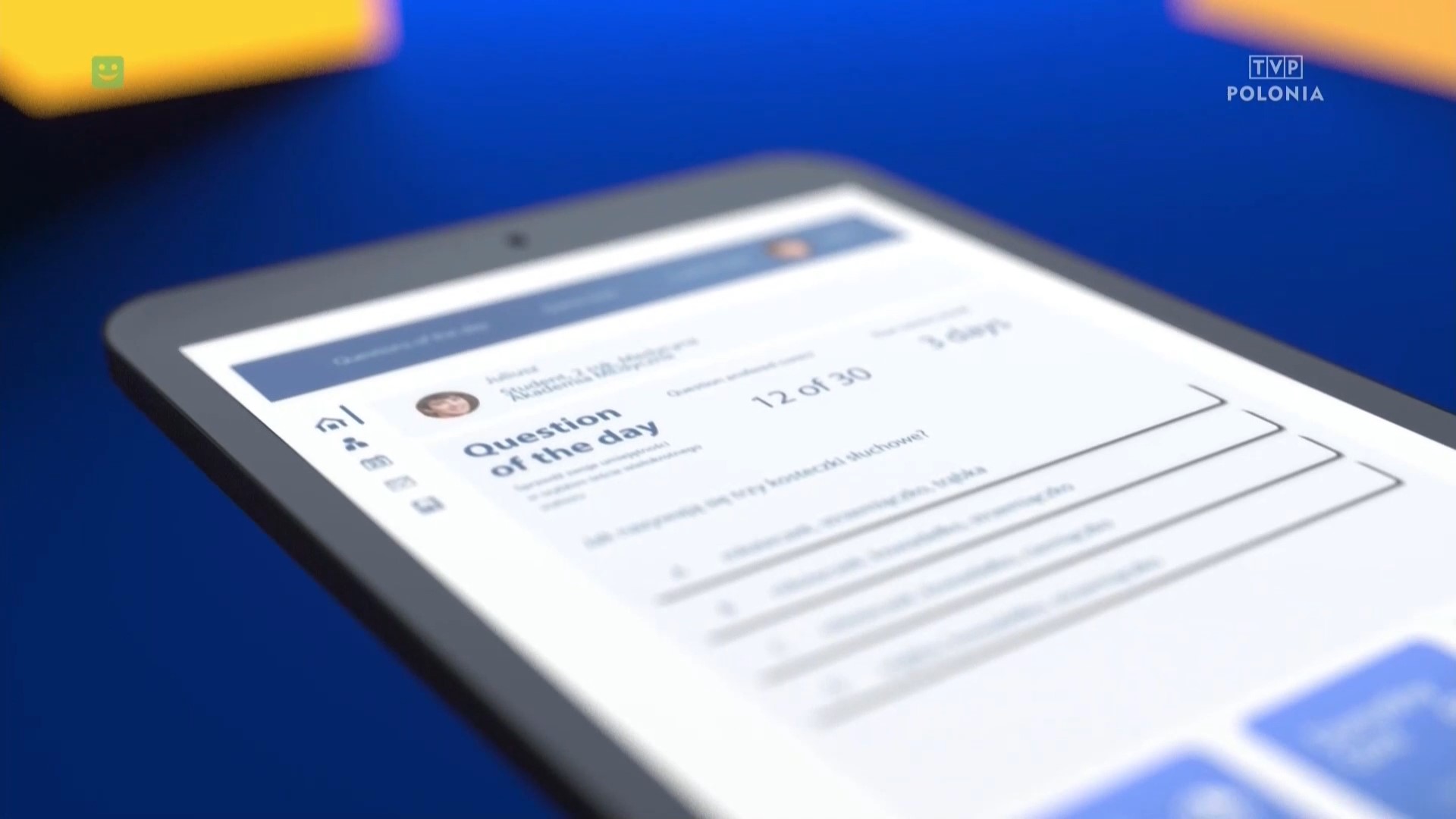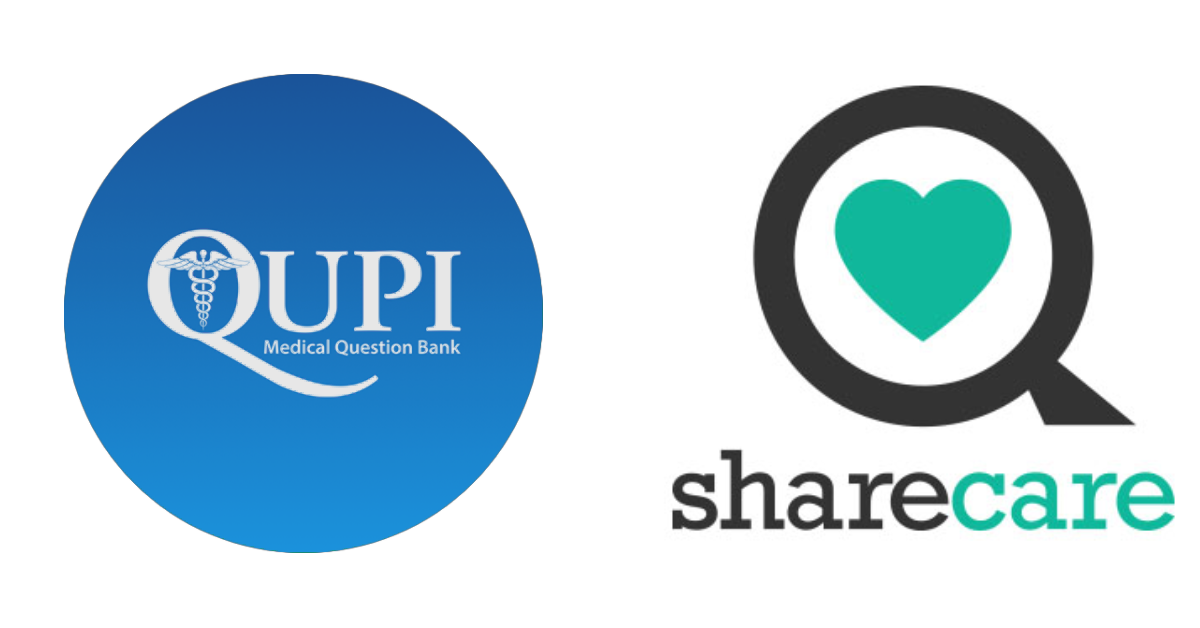Everyone gives us advice on how to study, but it doesn’t always work because we are all unique individuals and what works for some students may not work for others. When it comes to medicine, it would be wise to ask advice from your peers studying in more advanced years—and that’s what I did to write this article. Honestly, I thought that the overall process was harder but in reality, it wasn’t the case. Here you’ll find some useful “hows and whys” to manage your time efficiently as a medical student (and I’m confident that you’ll implement at least one of my suggestions):
Make study schedules
Even if you don’t like schedules, they may come in handy—especially if you know that you’ll study for at least a couple of hours. Some of my med acquaintances often stayed in a classroom with a whiteboard for them to write a draft of their schedule on it. Many of them spent their “free” time studying at the closest café and they often wrote their schedule in their notebooks while socializing a bit. Wherever you do it, I’d suggest sticking to your schedule until that study session is over and if you finish a task before the hour is up, use that extra time as a break. Try to cross out what you’ve accomplished or put a check next to it.
Do some basic math
Allow around 8 hours a day for studying, working, and anything else practical you need to deal with. You are advised to dedicate 35 hours a week to a university as a full-time medical student, including the time spent in seminars and lectures. If you spend 15 hours a week attending lecture-led learning, you could use the remaining 20 hours for independent study. It’s also good to remember that things often take longer than expected, so save some extra minutes for every task you want to achieve. 15 more minutes usually will do.
Skip some lectures
Studying medicine isn’t only about time management but also prioritizing what you’d like to get done. The truth is that there is a limited amount of hours during the day, and any extra time spent on something is time borrowed from somewhere else. Since you can’t do everything, think about the things that you’re willing to drop. Maybe there is one course you love, so go spend more time on it and less on another one. Although some professors will disapprove this suggestion of mine, keep in mind what is important to you.
Do question banks
Nowadays, there should even be a verb to refer to it. “Question banking” (as I’d call it) has become crucial as it allows med students to go through specific topics while measuring their time and results. One of the biggest problems medical students have is not knowing what they don’t know. Question banks solve this issue allowing you to use them in the beginning of your study session to learn by a process of elimination, and at the end for you to assess your knowledge (half an hour should be fine; avoid over studying). Check the largest user-generated medical question bank, Qupi.com, which you can easily combine with your traditional books.
Check out YouTube
In order to make the most of some digital tools available out there and explore interactive ways to study, YouTube is a good choice. For instance, a channel I found while browsing was Future Doc House: he explains medical issues and shares the knowledge he gained through his medical studies. On his channel, you can also find other material linked with microbiology via easy-to-understand and straight-to-the-point practical videos.
As usual, your input matters to us. Feel free to comment anything and don’t forget to subscribe to qupi.e-msi.pl













